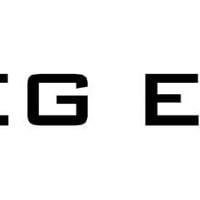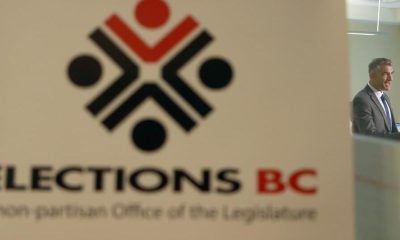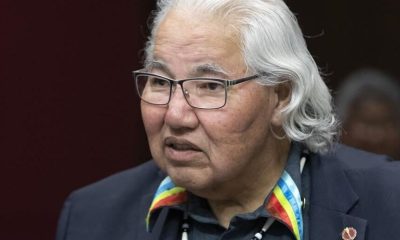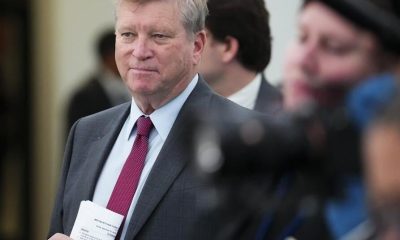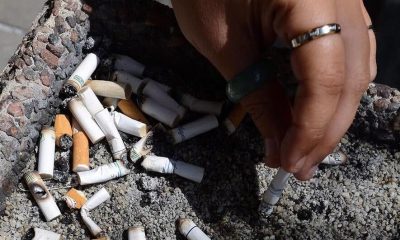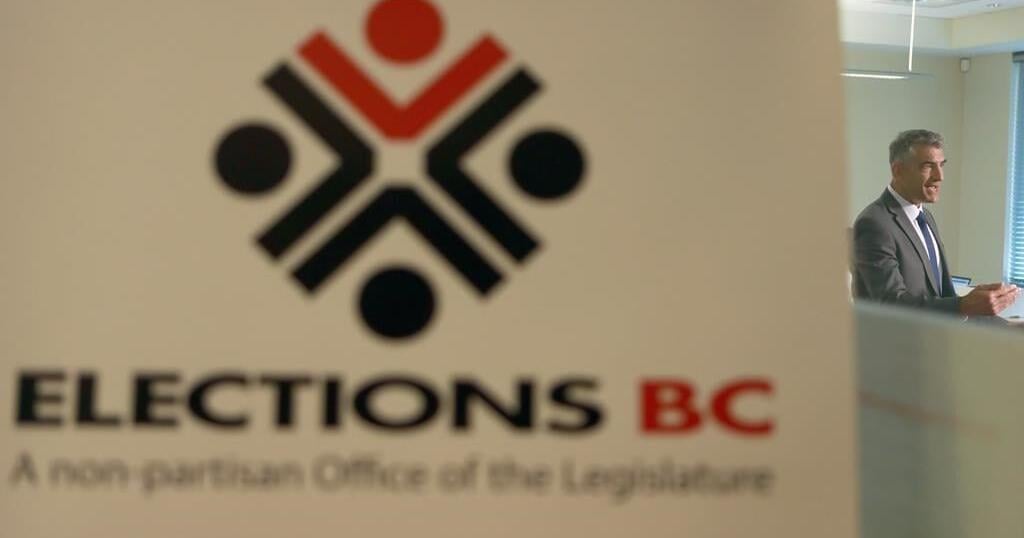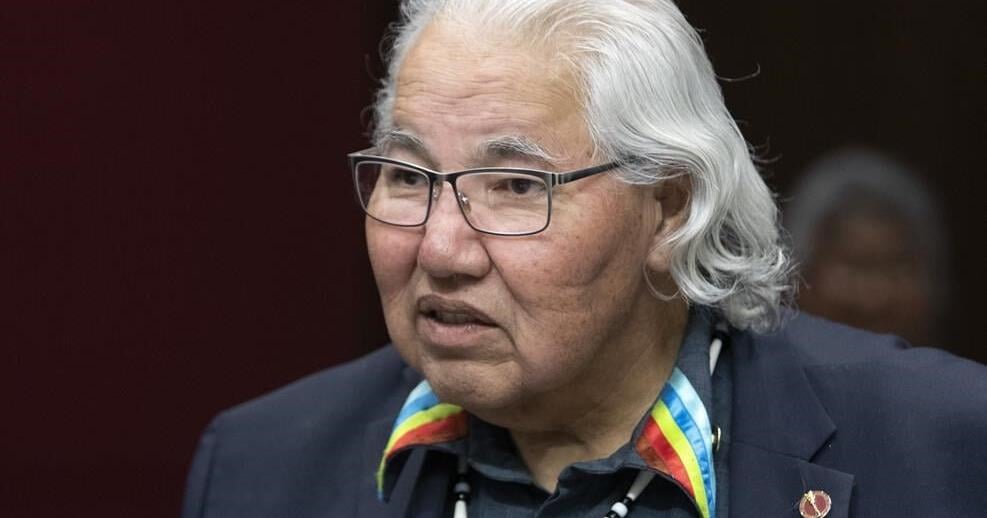CALGARY – When Annie Korver sits down with a new corporate or small business client, she encourages them to focus first on the “truth” part of Truth and Reconciliation.
Organizations often hire Korver to help them develop a reconciliation action plan — the term for a formal document laying out what a company plans to do to improve its relationship with Canada’s Indigenous people.
But the Fernie, B.C.-based founder and principal of Rise Consulting says companies first have to grapple with the reality of this country’s painful past.
“I’ll ask them, ‘What experiences have you had? Have you read some books? Have you been in (an Indigenous) community?’ And that helps me be able to shape recommendations for how we might walk together,” said Korver.
“We always start at the beginning with the history of colonial harm, because a lot of folks, they still don’t know. That’s the norm, actually. They will say, ‘I wasn’t taught this.'”
It’s been almost a decade since the Truth and Reconciliation Commission released its final report summarizing the legacy of residential schools in Canada. As part of its report, the commission included a call to action for corporate Canada to make commitments to Indigenous people in a variety of areas, including consultation, relationship building, jobs and training.
And as businesses work to address that call, it has created opportunity for Indigenous-led companies like Korver’s. At Rise, Korver and her associates offer everything from advice on how to “decolonize” a company’s brand to how to develop an Indigenous procurement strategy.
Another consulting company, Eagle Spirit Business Development, counts cultural awareness training among the services it offers to its corporate clients. Founder Jeremy Thompson, whose office is located on the Tsuut’ina Nation near Calgary, said he helps clients recognize that some of the day-to-day phrases and terms they use in their business may be offensive to Indigenous Canadians.
“One of the most common ones is ‘totem pole,’ as in, ‘I’m the low man on the totem pole,'” Thompson said.
“And a lot of the time, people are using ‘pow-wow’ to refer to a meeting of co-workers.”
Thompson also often works as a go-between for businesses and Indigenous communities, helping to make introductions when companies want to do business or build a project on First Nations land.
This kind of role isn’t new — corporations have long hired Indigenous relations advisers to help smooth their path, especially since Indigenous consent has become a must-have when it comes to getting regulatory approval for major projects such as oil pipelines or power transmission lines.
Thompson said while some companies still see Indigenous engagement as a box they must check, the Truth and Reconciliation Commission’s call to action has prompted others to genuinely try to do better.
“There are some companies that are still doing the minimum requirements because they have to for regulatory or project status,” he said.
“But there are some, and I’m working with one company like this today, that are genuinely going above and beyond … they’re doing things because they want to, not because they have to.”
Some of Canada’s largest corporations have both in-house and external experts to help them with their reconciliation goals. At the Bank of Montreal, an external Indigenous advisory council provides advice, but the bank also has dedicated in-house roles.
For example, Clio Straram — BMO’s head of Indigenous banking — leads a team dedicated to offering financial services to Indigenous communities, while Amanda Ens works to improve the bank’s recruitment practices as head of Indigenous talent strategy.
“As an Indigenous woman whose family has been directly impacted by residential schools, I am very glad that my voice now contributes to decisions that support Indigenous peoples,” said Ens.
Straram said she feels her job is one of the most rewarding roles at the bank.
“The most common thing we do, which is lending to First Nations and Indigenous governments for infrastructure building on reserve and in their communities … just has such an impact on people’s lives.”
Korver of Rise Consulting said one of the best parts of working with corporate clients on Indigenous issues is witnessing what she calls “a-ha” moments. These often come when she is leading a workplace training session for non-Indigenous employees, many of whom have never given serious thought to issues like economic reconciliation or decolonization.
“You might see it in the form of goosebumps on their skin, or maybe their eyes get tears in them. They’ve made a small change, and because of that they will use their agency and influence in a bigger way to support the advancement of Truth and Reconciliation,” she said.
“I love those moments.”
This report by The Canadian Press was first publishedSept. 29, 2024.



